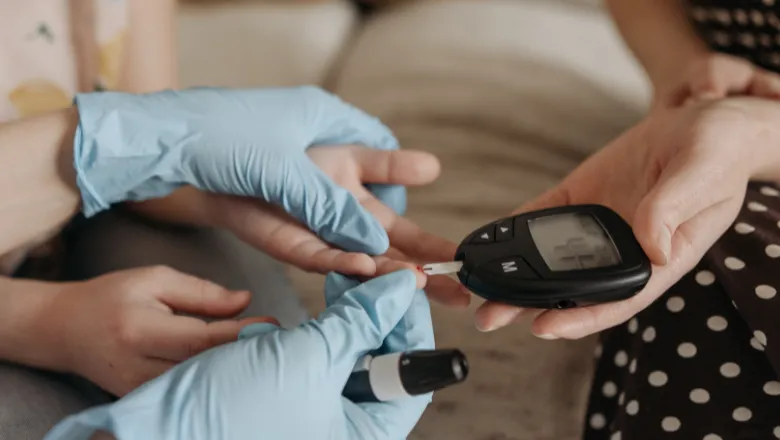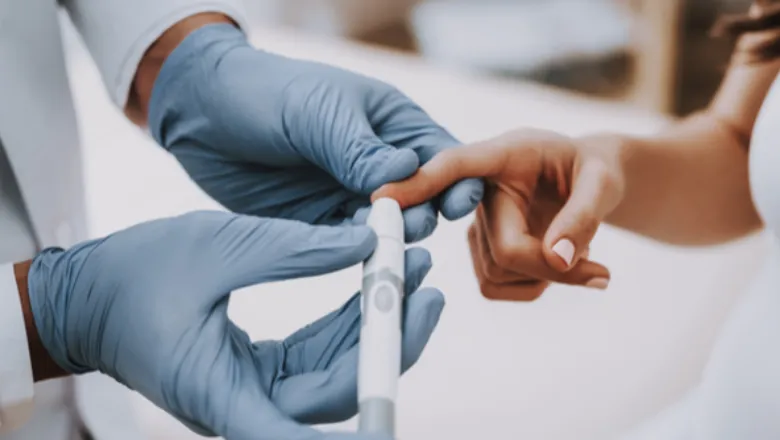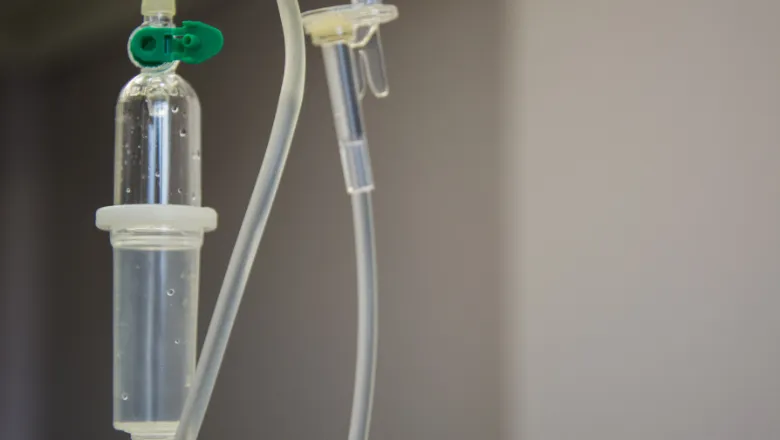
Professor Timothy Tree
Professor of Immune Regulation and Immunotherapy
- Co-Lead (Immunobiology) of the Programme of Infection & Immunity (PII)
Research interests
- Immunology
Biography
Professor Timothy Tree is a specialist in human T cell immunology with particular expertise in analysing the function of regulatory T cells in human health and disease. He currently leads a team of researchers based at Guy’s Hospital including clinicians, post-doctoral research scientists and PhD students who focus on translational medicine projects trying to unravel the basic biology of autoimmune and inflammatory disorders, such as type 1 diabetes and motor neurone disease; and develop novel therapies to halt these devastating diseases.
His work is funded by a range of medical research charities, government councils and pharmaceutical companies and includes participation in large national and international clinical trials. In addition to research activities, Tim also enjoys teaching on a wide range of undergraduate, postgraduate and professional courses including biomedical sciences and medicine. Tim was educated at Imperial College where he first read Biochemistry and then completed a doctorate in Immunology.
Research

Tree Group
Translational medicine projects trying to unravel the basic biology of autoimmune and inflammatory disorders and develop novel therapies to halt these devastating diseases.

PISA: Prenatal drivers of infant ISlet Autoimmunity
The PISA study will test the idea that different exposures in pregnancy may influence fetal development to increase the risk of childhood autoimmunity.
Project status: Ongoing

Clinical Diagnostics Development Unit (CDDU)
The CDDU ethos is to harmonise all methods used within the labs for the processing of clinical samples.
News
New research finds Motor Neuron Disease drug safe and effective at low doses
MND affects around 45,000 people in Europe at any one time. It attacks the nerves that control movement (motor nerves) so muscles no longer work. About a...
Psoriasis drug shows promise for treating childhood diabetes
A drug commonly used to treat psoriasis, Ustekinumab, has been found to be effective in helping to treat children and adolescents with type 1 diabetes.

Siblings with unique genetic defect help scientists progress drug search for type 1 diabetes
Scientist from the University of Exeter, King’s College London and Rockefeller University have collaborated to gain a new insight into type 1 diabetes

Treatment for Motor Neurone Disease shows promise
A trial investigating a new treatment for amyotrophic lateral sclerosis (ALS) has shared promising results.

100 years of insulin: How immunotherapy could be the future of diabetes treatment
This year is the 100th anniversary of the discovery of insulin.

Exposure to SARS-CoV-2 during pregnancy impacts the developing immune system of the fetus
New research from King’s suggests COVID-19 infection in the mother alters the immune system of the baby in utero.

Potential new treatment for ALS shows promise in clinical trial
Researchers have disclosed the results of a potential new treatment for amyotrophic lateral sclerosis (ALS).

Research

Tree Group
Translational medicine projects trying to unravel the basic biology of autoimmune and inflammatory disorders and develop novel therapies to halt these devastating diseases.

PISA: Prenatal drivers of infant ISlet Autoimmunity
The PISA study will test the idea that different exposures in pregnancy may influence fetal development to increase the risk of childhood autoimmunity.
Project status: Ongoing

Clinical Diagnostics Development Unit (CDDU)
The CDDU ethos is to harmonise all methods used within the labs for the processing of clinical samples.
News
New research finds Motor Neuron Disease drug safe and effective at low doses
MND affects around 45,000 people in Europe at any one time. It attacks the nerves that control movement (motor nerves) so muscles no longer work. About a...
Psoriasis drug shows promise for treating childhood diabetes
A drug commonly used to treat psoriasis, Ustekinumab, has been found to be effective in helping to treat children and adolescents with type 1 diabetes.

Siblings with unique genetic defect help scientists progress drug search for type 1 diabetes
Scientist from the University of Exeter, King’s College London and Rockefeller University have collaborated to gain a new insight into type 1 diabetes

Treatment for Motor Neurone Disease shows promise
A trial investigating a new treatment for amyotrophic lateral sclerosis (ALS) has shared promising results.

100 years of insulin: How immunotherapy could be the future of diabetes treatment
This year is the 100th anniversary of the discovery of insulin.

Exposure to SARS-CoV-2 during pregnancy impacts the developing immune system of the fetus
New research from King’s suggests COVID-19 infection in the mother alters the immune system of the baby in utero.

Potential new treatment for ALS shows promise in clinical trial
Researchers have disclosed the results of a potential new treatment for amyotrophic lateral sclerosis (ALS).

